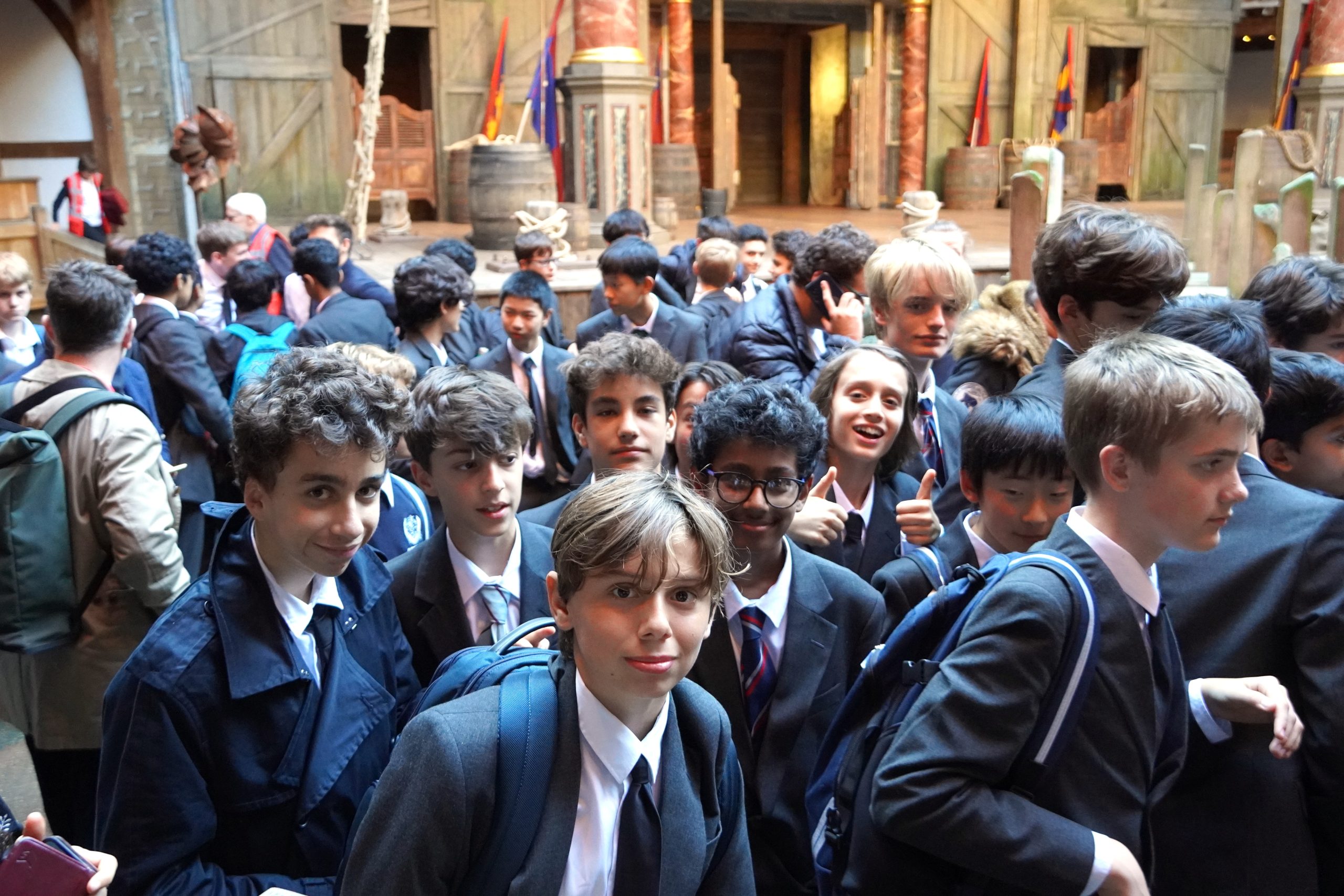To supplement their subject choices, pupils in Year 12 can take a variety of co-curricular courses as part of the Options and Cultural Perspectives programmes. They also attend the long-established Long Locke Lecture Series.
The Options programme runs within the ‘Options Block’, a timetabled block that sits alongside the subject blocks and which enables pupils to study an examined or non-examined course of their choosing for four lessons per week. Options range from learning an additional language such as Chinese or Arabic to learning British Sign Language, to learning a new skill such as film and video production or computer programming, to how to teach English as a Foreign Language; some pupils choose to complement their studies in a particular area of interest or in a subject that is directly related to what they intend to study at university.
A popular choice is the School’s Volunteering in the Community Option, which gives pupils the opportunity to volunteer their time to local partnerships and charity projects. Pupil who take this practical Option are offered specific training to equip them for their chosen community outreach.
Alongside their A Levels, instead of following the Options programme, pupils sometimes opt to take an Extended Project Qualification (EPQ): an extensive independent project often involving a dissertation and presentation. Pupils at Westminster take EPQs in subjects such as Economics or English, allowing them to develop their essay-writing skills and their ability to present their findings in a clear and concise manner. Alternatively pupils might embark on an ‘Artefact’ EPQ, which is a practical project focused on creating something. Westminster pupils have undertaken Artefacts in Computer Science, Electronics and Physics, among other subjects. Pupils enjoy the freedom afforded them by EPQs, as they can choose a topic they are passionate about and select their own project title too. EPQs are well respected by universities as they showcase a candidate’s individualism and an ability to research a particular subject independently and in depth.
The Cultural Perspectives programme is designed to expand our pupils’ cultural and critical awareness within a greater global perspective, challenging the assumption that today’s society is the norm of human experience and that our own way of doing things or viewing the world is the only way. The aim is to broaden horizons in place and time, asking fundamental questions about why some behaviours or attitudes have shifted from unacceptable to normal or vice versa, how nations and communities develop and express their sense of identity, and how we ourselves can make connections with apparently alien societies.
The range of courses on offer reflects the wide-ranging and varied interests of the teaching staff. Past examples have included: the psychology of fundamentalism; a history of the imagination; the constitutional future of the United Kingdom; psychogeography; facing east, a view from the west; deep time; medical ethics and changing attitudes; and the economics of nationhood. One of the great attractions of the courses is the chance they offer to range far beyond conventional examined subjects. Prizes are awarded each year for essays produced as a reflection upon the experience.

